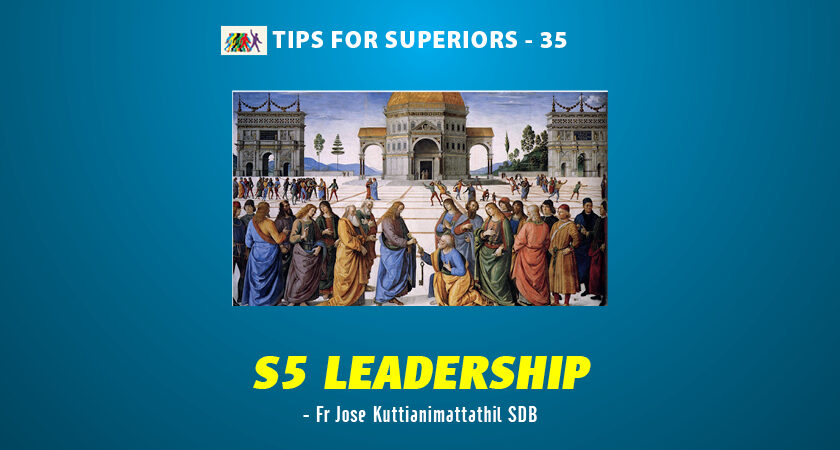Once I was present at the evaluation of a course by a group of students. The students were very outspoken and criticized almost everything about the course. They had quite harsh words also against the way the director handled the course. The director, who was chairing the evaluation, sat through the whole process patiently, listening attentively, occasionally pointing out some facts without trying to justify anything. He was in control of himself, never lost his temper, did not talk down to anyone, and said what he had to say with an effective voice. At the end of the session, I overheard one of the students, who was rather new, asking another student: “How could you be so forthright and critical?” The other replied more or less in these terms, “We know the director. He is soft-spoken but tough. He can take any criticism and will not retaliate. He is a man of honour who wishes the good of others.” The director, in other words, was a meek person.
What is Meekness?
Different dictionaries describe meekness as the quality of being quiet, gentle, moderate, mild, submissive, and unwilling to argue or express one’s opinions. The word meekness as it is used in the Bible or in the statements of Jesus (Mt 5:5; 11:29) implies much more and has nuances that are not stressed in the modern-day descriptions.
In Mt 11:29 Jesus says: “learn from me, for I am meek and humble of heart” (NAB). Many translations use the word “gentle” in the place of meek. The original Greek word that is translated in English as “meek” or “gentle” is praus. We do not enter into a detailed analysis of this word here. But according to Biblical scholars this word may be better translated as being “temperate; exercising strength under control, demonstrating power without undue harshness.” It has to do with being considerate and not being overly caught up with a sense of one’s self-importance. It is the opposite of self-assertiveness and self-interest. According to William Barclay, “There is gentleness in praus but behind the gentleness there is the strength of steel, for the supreme characteristic of the man who is praus is that he is the man who is under perfect control. It is not a spineless gentleness, a sentimental fondness, a passive quietism. It is a strength under control.”
Jose Kuttianimattathil, sdb
To read the entire article, click Subscribe















